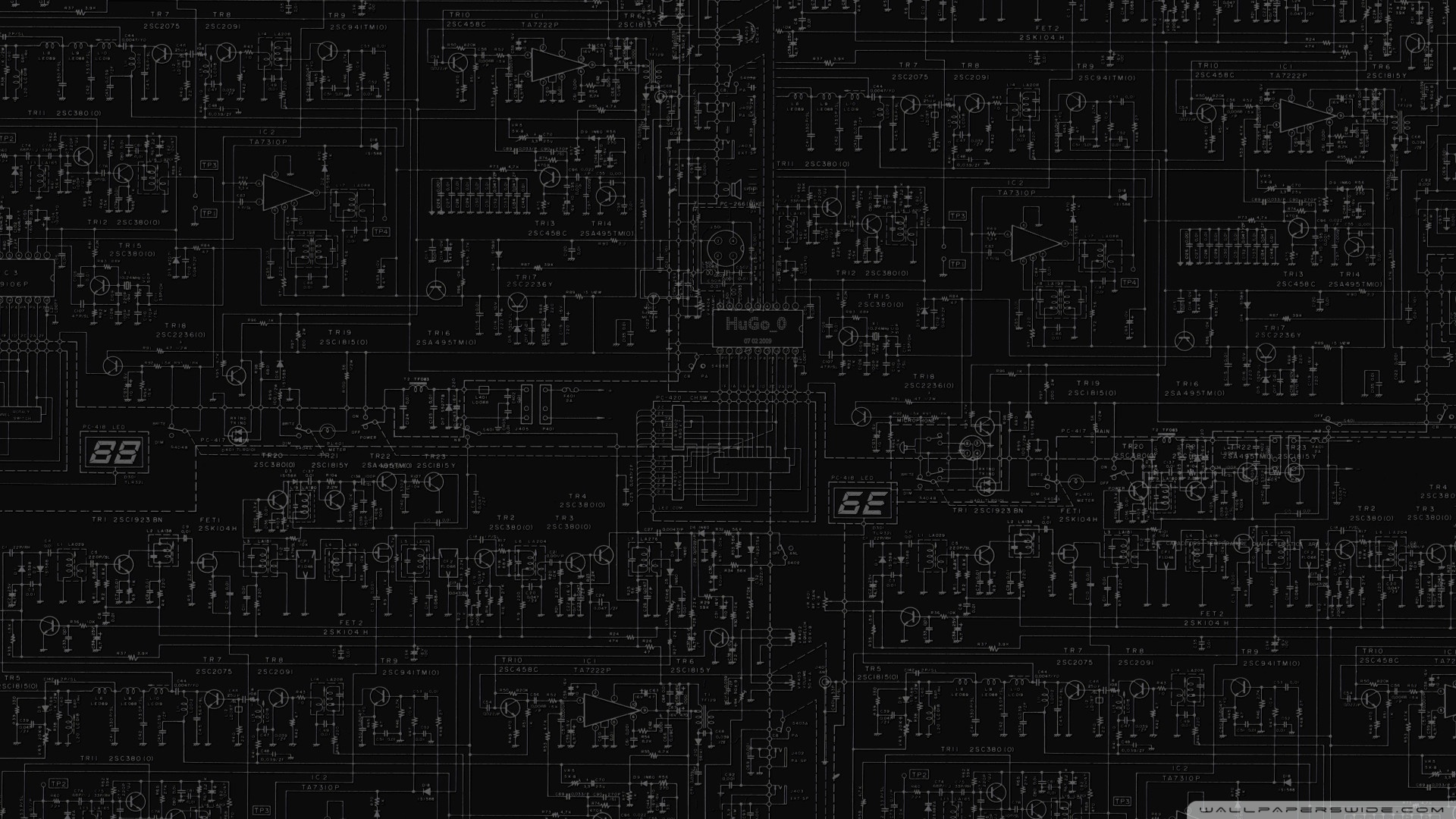HXNTER
Well Known Member
- Joined
- Sep 25, 2014
- Messages
- 39
- Reaction score
- 6
- Points
- 1,935
Hi all,
THE SHORT:
I am using my PC exactly the way I usually would outside of gaming, like graphic design and video editing. It is only the described issue that is the problem. I don't know whether this is a motherboard or PSU issue, and I need to resolve the issue before I can go ahead and buy a new GPU, or it'll just keep happening.
SPECS:
Thanks in advance for any possible suggestions or solutions. 🙏
THE SHORT:
- GPU (GTX 970) stopped working mid-game, and I assumed it was the card that had decided to give up after all these years.
- Decided to test the GPU before buying a new one, but it turns out the card is fine in my brother's PC.
- Tried my brother's GPU (RX 480) in my PC and that too, would not work.
- Believed then that it may be the slot on the board that is the issue.
- Decided to try a different method of power from the PSU just in case.
- Changed from the proprietary 6+2 PCIe power cable to a molex to 8-pin adapter, and this actually worked and all seemed fine.
- Decided that it was probably just a faulty modular cable from the PSU, but then the same thing happened with the RX 480 not 10 minutes later.
- BIOS updated this morning
- RX 480 LEDs light up but fans don't spin (even without PSU power supplied directly)
- I was able to get the RX 480 to work a second time, by just removing it and plugging it back in, but ended with the same result after a few minutes.
- Rest of PC works perfectly fine with on-board graphics.
- Relatively new upgrade done to CPU, RAM and MoBo, (around Feb) but there was no issue for a couple of months of use.
- Even in the old setup, the GPU would do random 2 - 3 second black screens while under load.
I am using my PC exactly the way I usually would outside of gaming, like graphic design and video editing. It is only the described issue that is the problem. I don't know whether this is a motherboard or PSU issue, and I need to resolve the issue before I can go ahead and buy a new GPU, or it'll just keep happening.
SPECS:
- Intel i7 12700K
- ASUS ROG Strix Z690-F Gaming WiFi Motherboard
- Adata 16GB DDR5-5200 XPG Lancer
- Galax GTX 970 / Sapphire RX 480 currently installed for testing
- Corsair 850W RM Series Modular Power Supply (CP-9020056-EU) [This model is from 2014, I believe and is also the oldest component in my setup]
- SAMSUNG 850 EVO 500GB
Thanks in advance for any possible suggestions or solutions. 🙏
Last edited:






